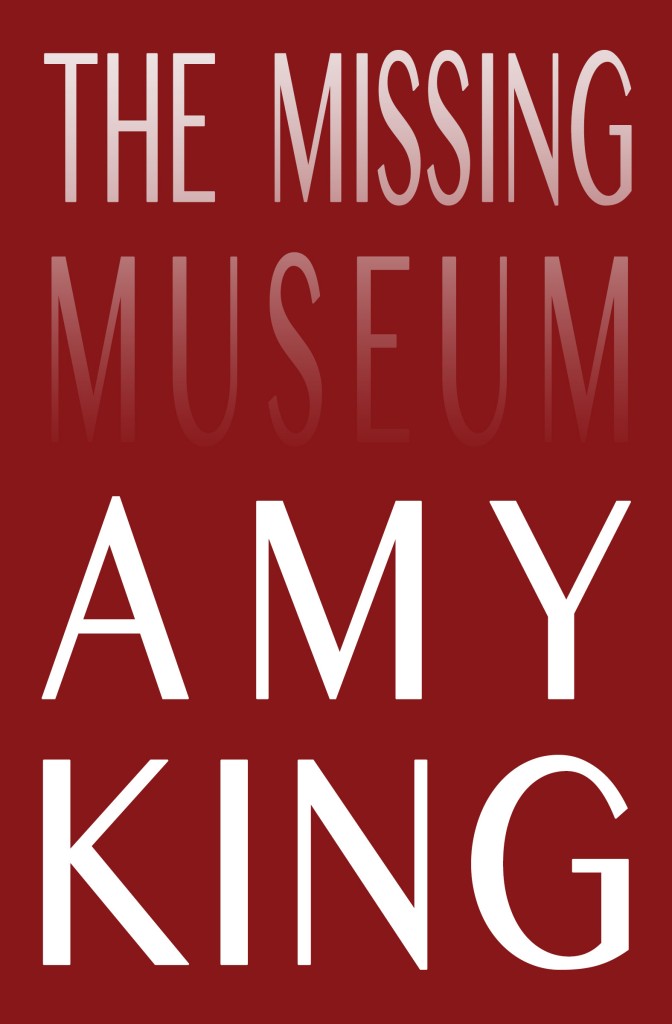 At the Los Angeles Review of Books, fab poet Emma Bolden examines Amy King’s The Missing Museum (TS Press 2016).
At the Los Angeles Review of Books, fab poet Emma Bolden examines Amy King’s The Missing Museum (TS Press 2016).
Here’s a taste:
Pussy Riot’s work serves as a frame for Amy King’s riotous, rapturous, and radical fifth full-length collection, The Missing Museum. I mean “frame” quite literally: a passage from the poem that shares part of its title with the first section of the book, “PUSSY PUSSY SOCHI PUSSY PUTIN SOCHI QUEER QUEER PUSSY,” is printed on the back cover. “I HAVE A WITCH-CHURCH HAND,” the speaker declares in the poem, “& / PUSSIES RIOTING A PUTIN PRAYER / ON A NATION OF PEOPLE.” Just as Pussy Riot composed the clarion call of an iconoclastic culture countering Russian authoritarianism and repression, so too does Amy King’s work spur, capture, and curate the artifacts of a burgeoning resistance movement in the United States.
Also like Pussy Riot, King’s use of the term “pussy” serves as a shibboleth for revolutionary feminism, reclaiming a term used as a slur against women—and, as the 2016 release of Access Hollywood footage shows, one often linked linguistically to sexual assault and rape. Through reclamation, feminists empty the term of its misogynistic implications, empowering themselves by taking ownership of the language of the oppressor. Now, “pussy” has become a common part of the American vernacular, wielded by women fighting to preserve their fundamental rights to control their own bodies and speech. Likewise, Pussy Riot’s music carries great meaning for the American resistance and for the poems in this collection, which serve, in many ways, as a museum preserving the gathering motion of resistance.
Unlike many museums, King’s isn’t a collection of evidence of an unchanging monolithic culture. Instead, the book protests the very idea that any culture or subculture is, was, or ever will be stable, static, and homogeneous. King’s poetry sweeps through cultural references from surrealist painter Leonora Carrington to soul singer and activist Nina Simone to pop singer Lionel Richie. The sheer breadth of references in King’s work echoes the idea that no culture is singular or stationary. The disparate works—songs, paintings, poems, acts of civil disobedience—of all of these artists cross through the collection as separate but equally essential works and workers of culture.